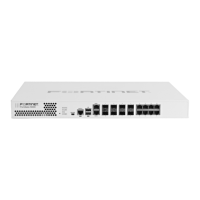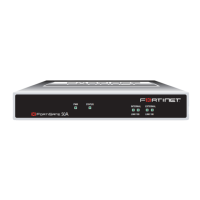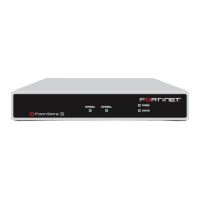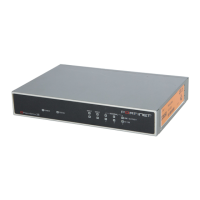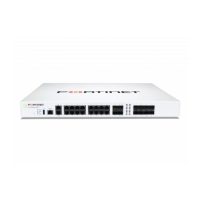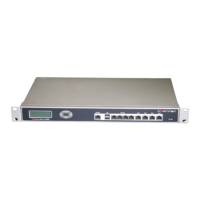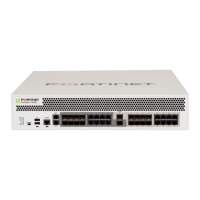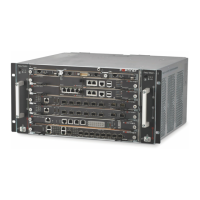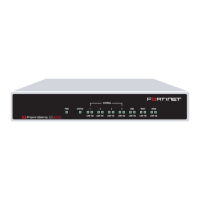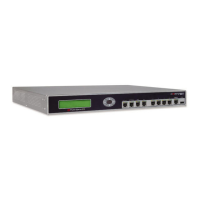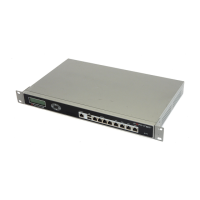VPN Certificates Local Certificates
FortiGate Version 3.0 MR4 Administration Guide
01-30004-0203-20070102 309
VPN Certificates
This section explains how to manage X.509 security certificates using the
FortiGate web-based manager. Refer to this module to generate certificate
requests, install signed certificates, import CA root certificates and certificate
revocation lists, and back up and restore installed certificates and private keys.
For additional background information, see the FortiGate Certificate Management
User Guide.
The following topics are included in this section:
• Local Certificates
• Remote Certificates
• CA Certificates
• CRL
Local Certificates
Certificate requests and installed server certificates are displayed in the Local
Certificates list. After you submit the request to a CA, the CA will verify the
information and register the contact information on a digital certificate that
contains a serial number, an expiration date, and the public key of the CA. The CA
will then sign and send the signed certificate to you to install on the FortiGate unit.
To view certificate requests and/or import signed server certificates, go to VPN >
Certificates > Local Certificates. To view certificate details, select the View
Certificate Detail icon in the row that corresponds to the certificate.
The first entry in the list is the FortiGate unit’s self-signed certificate, which you
cannot delete.
Figure 188:Local Certificates list
Generate Generate a local certificate request. See “Generating a certificate
request” on page 310.
Import Import a signed local certificate. See “Importing a signed server
certificate” on page 313.
Name The names of existing local certificates and pending certificate
requests.
Subject The Distinguished Names (DNs) of local signed certificates.
Status The status of the local certificate. PENDING designates a certificate
request that needs to be downloaded and signed.
View Certificate Detail
Download
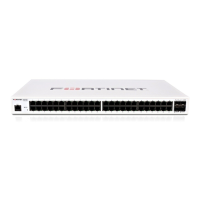
